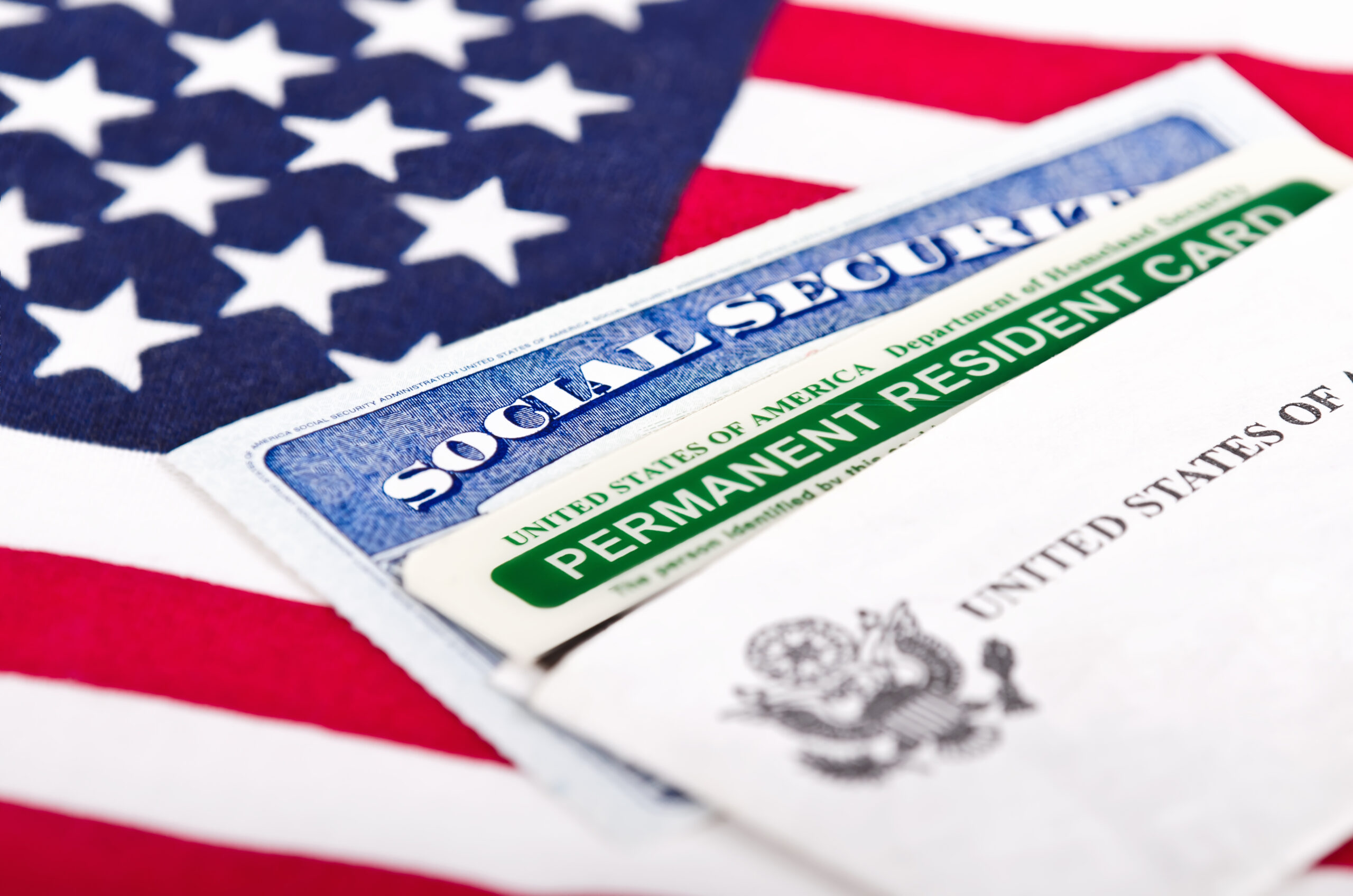Congress must act: Pass immigration reform that expands legal pathways

September 17, 2025
With illegal border crossings at historic lows, Americans, including millions of Latinos, across the country know there’s a generational opportunity to move beyond the long-standing hurdle of border security and finally focus on fixes to our immigration system.
According to a poll by the LIBRE Institute, 8 in 10 Latinos agree that our immigration system is broken, and 9 in 10 support expanding legal pathways to citizenship.
The numbers make it clear: Latinos want both a secure border and an increase in legal pathways to meet the demand for immigrant labor, especially as the U.S. seeks to maintain its technological and economic edge over China.
Now that the border is much more secure, it’s time to expand legal pathways for immigrants who want to contribute to our country.
Fortunately, three bills offer a promising glimpse into how we can do just that.
America’s Children Act
Right now, there are over 250,000+ children and young adults who came legally to America and have been raised here by their parents (also legal immigrants) who are at risk of losing their legal status when they turn 21.
The America’s Children Act would fix this by giving children of legal immigrants the chance to apply for permanent residency if they follow these three requirements:
- They were brought to the U.S. lawfully as a child (This bill does not apply to DACA recipients)
- They have maintained legal status for 10 years (including 8 years as dependents)
- They graduated from a U.S. college or university.
Not extending a pathway to permanent residency for these young adults would harm the American economy. 87% of all the children of legal immigrants are either studying or working in STEM or Healthcare, and altogether, if they were allowed to stay, they would generate more than $100 billion in net fiscal benefit, according to the bill’s one pager.
America benefits when it protects the livelihood and stability of first-generation immigrants for whom America is the only place they’ve ever called home.
Essential Workers for Economic Advancement Act
The other immigration bill that aims to expand legal pathways is the Essential Workers for Economic Advancement Act, (EWEA), which would expand legal immigration channels for essential workers in the high-demand non-agricultural sectors.
If passed, EWEA would provide temporary 3-year long durations of stay, eligible for up to two potential renewals, for essential workers hired to work in sectors such the restaurant, hospitality, and construction sectors.
Given the growing demand for labor in these sectors, it makes sense for EWEA to offer employers more opportunities for them to fill their labor demands with foreign workers.
What’s special about EWEA, however, is how this bill protects American workers and keeps employers accountable. Here’s how:
- Employers must show that the certain position that they want a foreign worker visa for has gone unfilled for three consecutive months or has been open for 60 days within a 90-day period.
- Program participation is restricted to only areas where the unemployment rate is 7.9% or less, meaning that areas with high unemployment would be excluded.
Additionally, EWEA also includes plenty of provisions that aim to hold employers accountable. For example, to not get permanently barred from this visa program, employers must:
- Use E-Verify for employment authorization verification
- Not be found guilty of child labor violations, OSHA violations resulting in death or injury, human trafficking, or repeated wage and hour offenses.
- Be annually certified for compliance with wage and working condition standards.
Altogether, these requirements ensure that American citizens are sufficiently protected against employers attempting to abuse program while also holding employers accountable for following wage and safety regulations.
Religious Workforce Protection Act
Our broken visa system is also hurting the faith of millions of Americans.
That’s because, right now, foreign-born religious workers on religious visas are forced to leave their ministries at the end of their five-year duration of stay and spend at least one year outside the country to reset eligibility and apply for another visa.
Historically, five years would have been enough time for employers to petition for them to receive permanent status, but given the size of the backlog, it’s just no longer possible.
The Religious Workforce Protection Act (RWPA) would solve this by allowing the Secretary of Homeland Security to extend religious workers’ duration of stay until they can receive their green card, if they meet the following requirements:
- Their employer has formally petitioned for their permanent status
- They are otherwise already eligible to become lawful permanent residents
Furthermore, this bill also allows religious workers on R-1 visas to change positions without having to restart the permanent residency process all over again as is currently required.
Foreign-born religious workers play a critical role in many communities across the country. We shouldn’t let a broken immigration system stand in the way of the religious liberties and practices of millions of Americans.
Foreign-born religious workers already play an important role in supporting Americans’ faith practice. Allowing them to stay in legal status while awaiting permanent residency helps ensure uninterrupted religious practice and protects religious liberty nationwide.
Now is the time for Congress to Act
American employers want to hire fellow Americans to fill our growing labor demand, but given the increasing growth of our strong economy, our country needs immigrants to continue to prosper. The size and dynamism of our economy shouldn’t be limited by the size of our labor force.
When we have a vibrant and growing economy, everyone wins. And that’s exactly what these bills will do.
They would make sure hardworking individuals seeking temporary employment, American-educated children of legal immigrants, and foreign-born religious workers have served their communities for years.
Click here to tell Congress to act now and pass these important bills!


